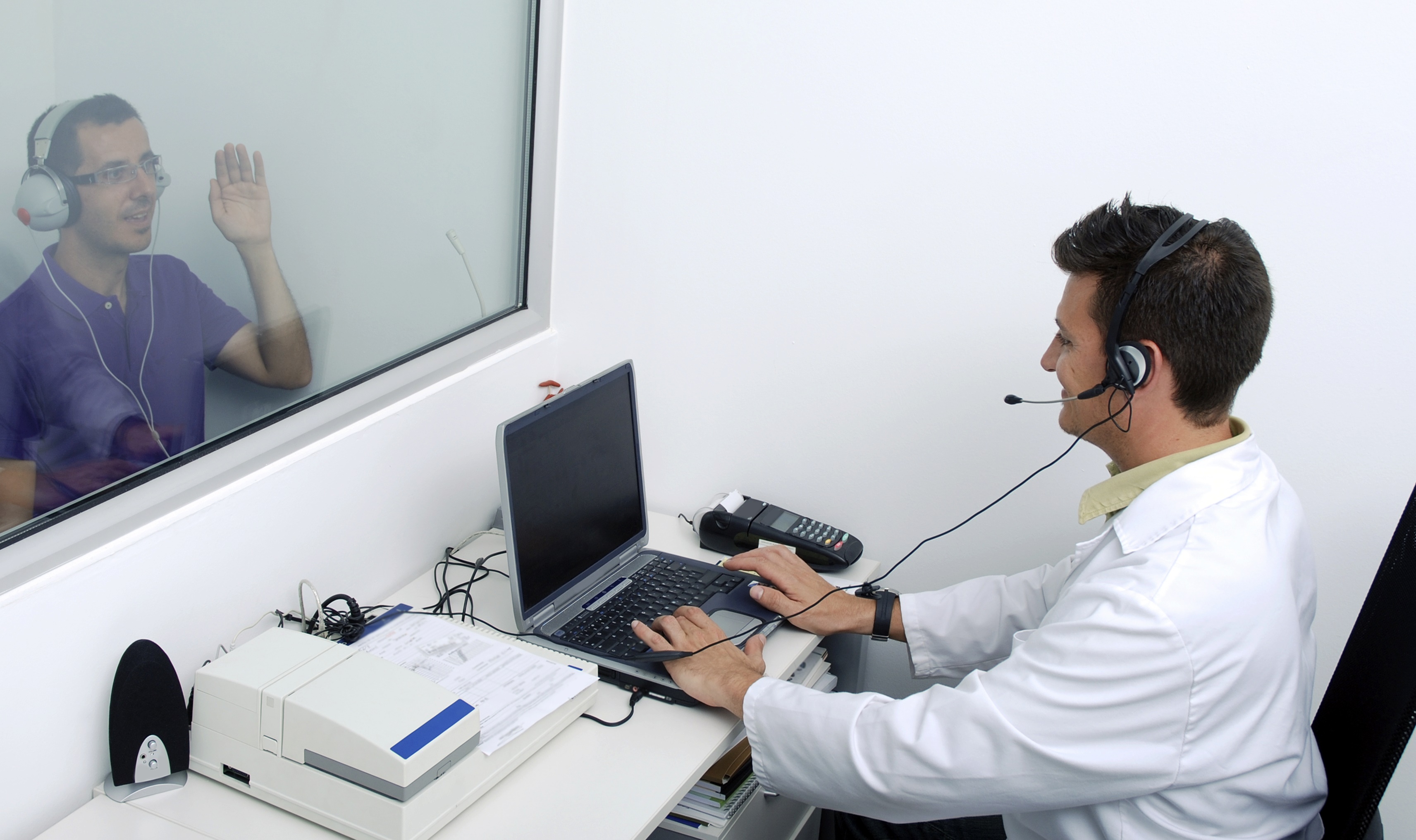Congratulations on taking the initial step toward better hearing by booking your hearing assessment. You’re already ahead of the game, as a large number of people delay getting a hearing test for years—in some cases decades.
But now that you’ve arranged your hearing test, you’ll want to see to it that you’re prepared for the consultation, particularly if test results reveal that you might benefit from wearing hearing aids. Choosing hearing aids can be difficult, but if you ask the right questions, your hearing care specialist can help lead you to the most appropriate technology.
To achieve the best hearing possible, make sure to ask these five questions at your upcoming hearing test.
1. What type of hearing loss do I have?
Your hearing care professional will test your hearing using the most current technology, and the results of the test will be printed on a diagram referred to as an audiogram. Make sure your hearing professional reviews the audiogram with you and clarifies:
- The form and extent of your hearing loss. High-frequency hearing loss is most common, and is categorized as mild, moderate, severe, or profound.
- How hearing aids can help, and if and why you’d need hearing aids for one or both ears. Hearing loss in both ears is best managed with two hearing aids, and the audiogram will demonstrate the results for both ears.
2. Which hearing aid is most appropriate for my needs?
Each patient’s hearing loss and listening needs are unique. The more your hearing professional knows about your way of living, the better they can suggest the suitable technology.
If you’re highly active, for example, you may consider the most up-to-date hearing aid technology with wireless capabilities. If you don’t want all of the bells and whistles, however, a more cost-effective alternative is likely a better fit.
3. What are my financing options?
Next is everyone’s least favorite topic—price. Although you should take into account that the benefits of hearing aids far exceed the cost (the monthly cost in most cases being less than the cable TV bill), the price can still seem to be high.
Several financing possibilities are available that can help you cover the expense, although not all options are available to each patient. Nevertheless, you should check with your hearing professional regarding some of these resources:
- private insurance (rare but worth inquiring about)
- Medicare and Medicaid
- Veterans Administration benefits
- charitable organizations
- state programs
- financing options (special healthcare credit arrangements)
4. How can I best adjust to my new hearing aids?
Once you’ve decided on your ideal hearing aids and have had them expertly fit, you can go back home and instantly hear perfectly without any problems, right?
Not exactly. Like anything new, you’ll need to have some time to adapt. You’ll be enjoying sounds you haven’t noticed in a while, your voice may sound different, and the fit of the hearing aid may feel awkward. This is perfectly common and expected, and will resolve itself in a short amount of time. You just have to be patient.
Make sure your hearing professional gives you advice on how to best adjust to your hearing aids, including how to operate them and how to master the features.
5. How do I take care of my hearing aids?
Hearing aids are state-of-the-art and dependable products that should operate reliably for years. Still, they will necessitate regular cleaning and care. Consult with your hearing professional about cleaning kits and practices, storage solutions, accessories, and battery management.
Also, it’s a wise decision to have your hearing practitioner professionally clean your hearing aids one or two times a year.
As you get ready for your hearing test, keep in mind that achieving the best outcome requires:
- comprehending your hearing loss
- matching your hearing loss and lifestyle to the right technology
- finding an affordable solution based on your budget
- professionally fitting and programming your new hearing aids
- adjusting to and maintaining your hearing aids
With the support of your local hearing care professional—and by asking the right questions—you can assure the best outcome and a lifetime of better hearing.


